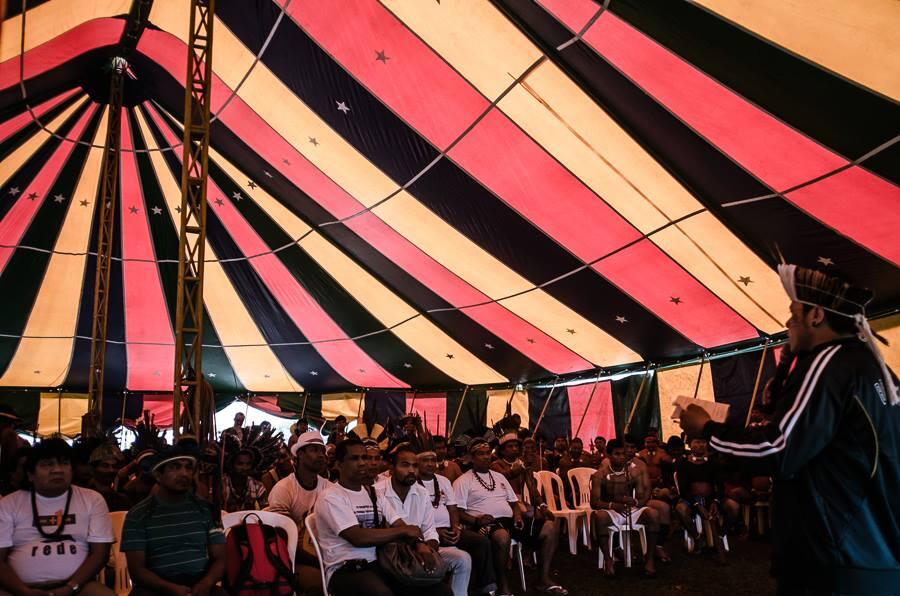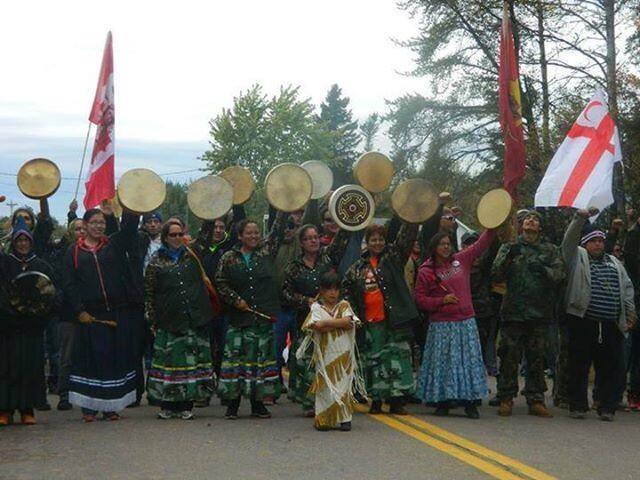 18th October by Trashfire / Earth First! News
18th October by Trashfire / Earth First! News
After a day of clashes yesterday, the police withdrew around 7pm to cheers from the crowd.
40 people are reported arrested and 5 police vehicles were burned.
No One Is Illegal reports these lists of solidarity actions – Google Docs
Yesterday saw many emergency solidarity actions including a major throughway being shutdown in Winnipeg.
Today is a day of action called for by the Mi’kmaq earlier this week.
Tomorrow is another day of action against fracking organized under the banner Global Frackdown.
There has also been a request that supporters call the premier of New Brunswick to express concerns over the RCMP’s actions against the Mi’kmaq – .New Brunswick Premier – David Alward
Email: premier@gnb.ca
Phone: (506) 453-2144
Fax : (506) 453-7407
Charges for those arrested included firearms offences, uttering threats, intimidation, mischief and for refusing to abide by a court injunction.
The protesters arrested were taken to three different communities where they are expected in court Friday morning around 9:30 to face charges. Police spread the arrested protesters out in an effort to prevent the courthouses being overwhelmed by protest supporters during the arraignments.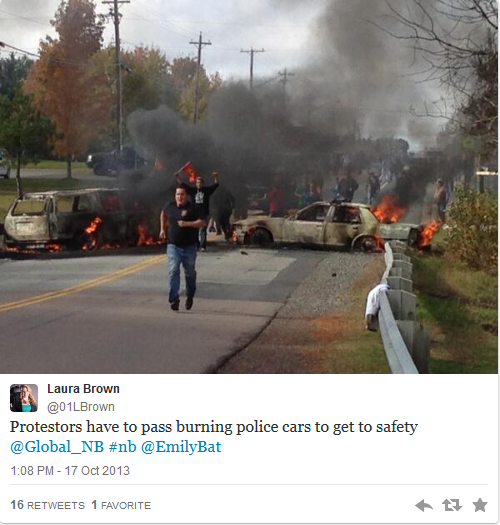
Chief Aaron Sock was among those arrested in the clash. He and a few of his band council members were released a few hours after their arrests.
Sock is the leader of the band that has been blockading Route 134 near Rexton since Sept. 30.
On Oct. 1, Sock issued an eviction notice to SWN Resources of Canada. His band and his band council planned to pass a resolution preventing the government and shale gas companies from continuing their work by reclaiming all unoccupied reserve land and giving it back to First Nations.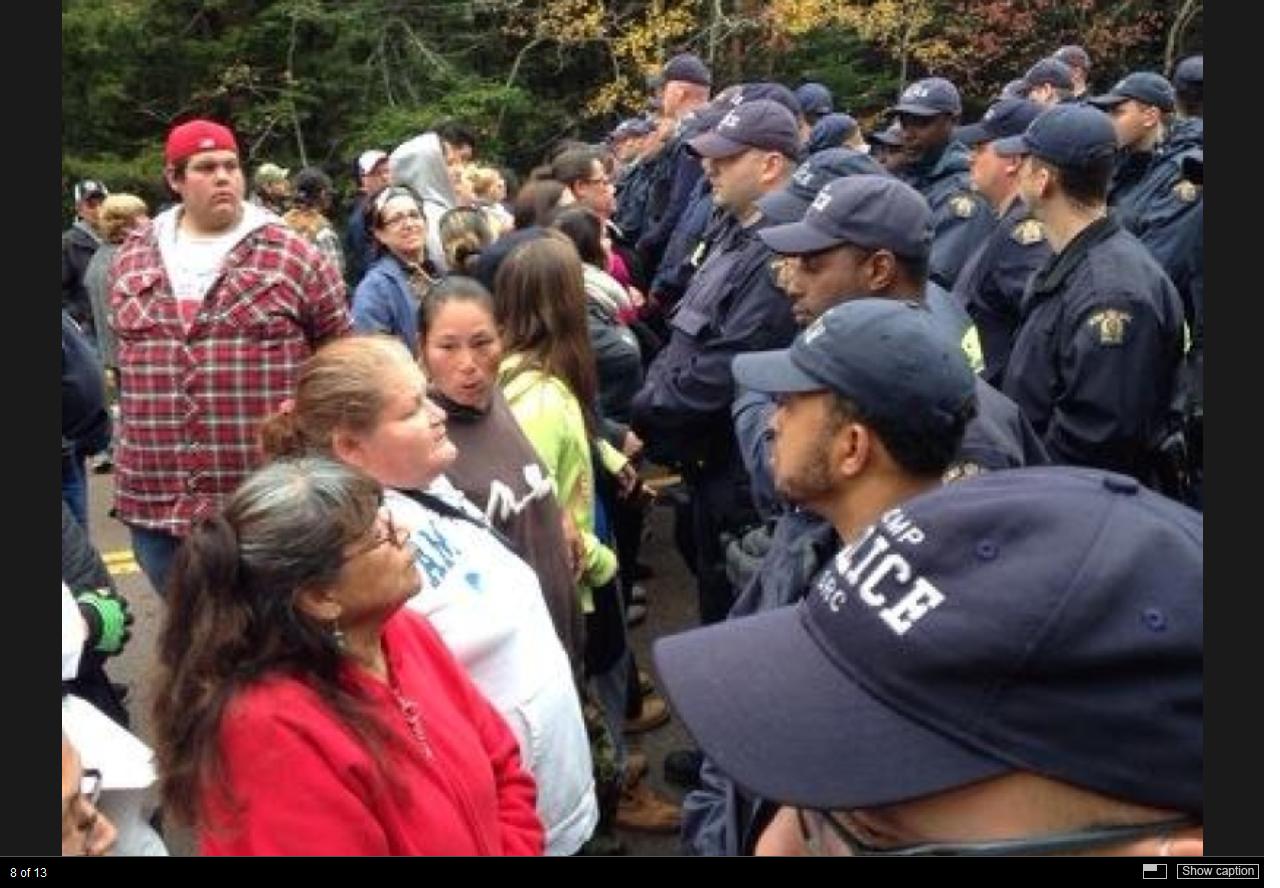
The road between Rexton and Highway 11 has been the scene of the protest, involving a coalition of natives and non-natives opposed to shale gas exploration.
Protesters moved into the area on Sept. 30, initially establishing a barricade to the staging area used by SWN Resources Canada to park its exploration vehicles and equipment.
The protest progressed to the point where barricades were also established on the road, preventing traffic from going through.
SWN Resources went to the Court of Queen’s Bench and successfully sought an injunction to end the protest.
During a hearing, court was told SWN Resources is losing $60,000 every day its seismic exploration trucks remain blockaded in the compound off Route 134.




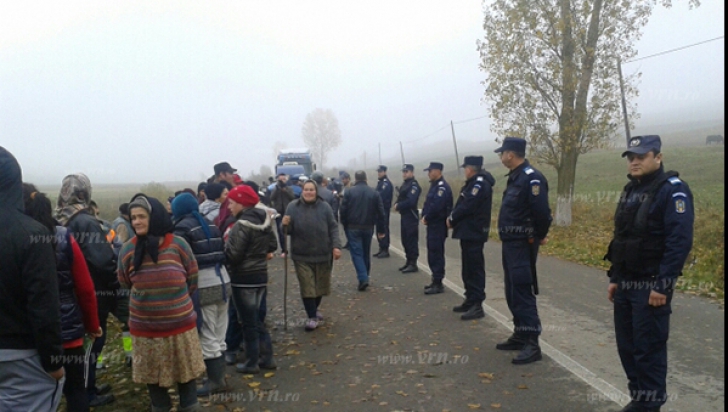



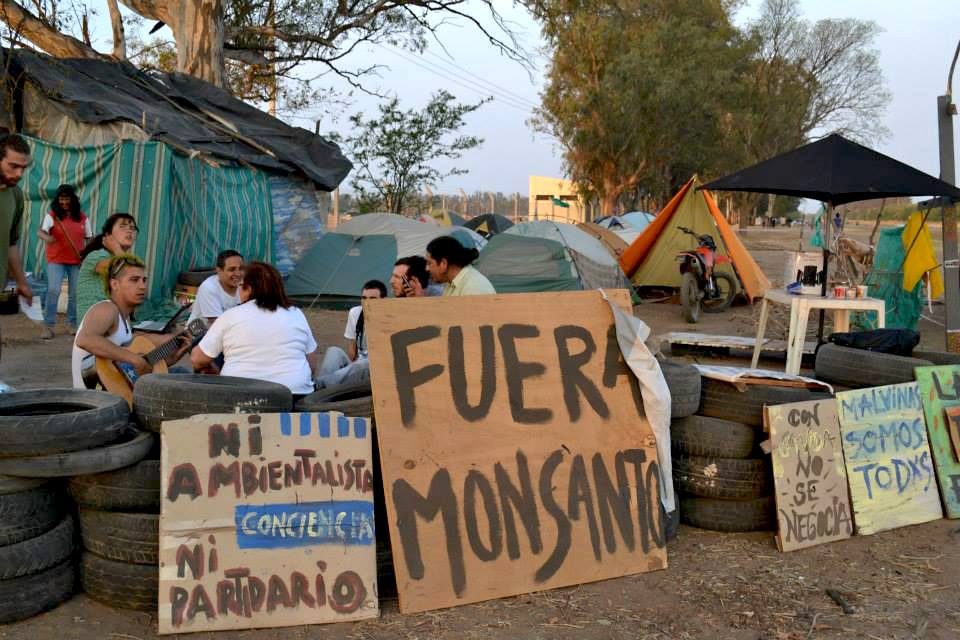




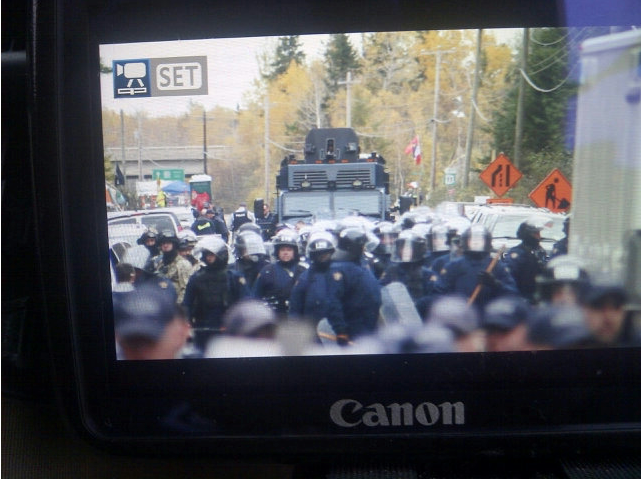



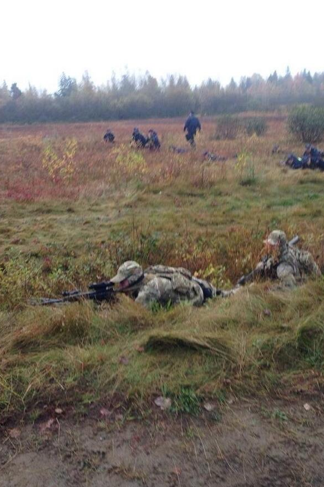
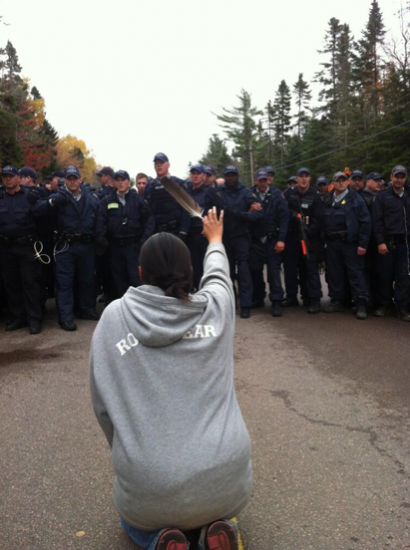

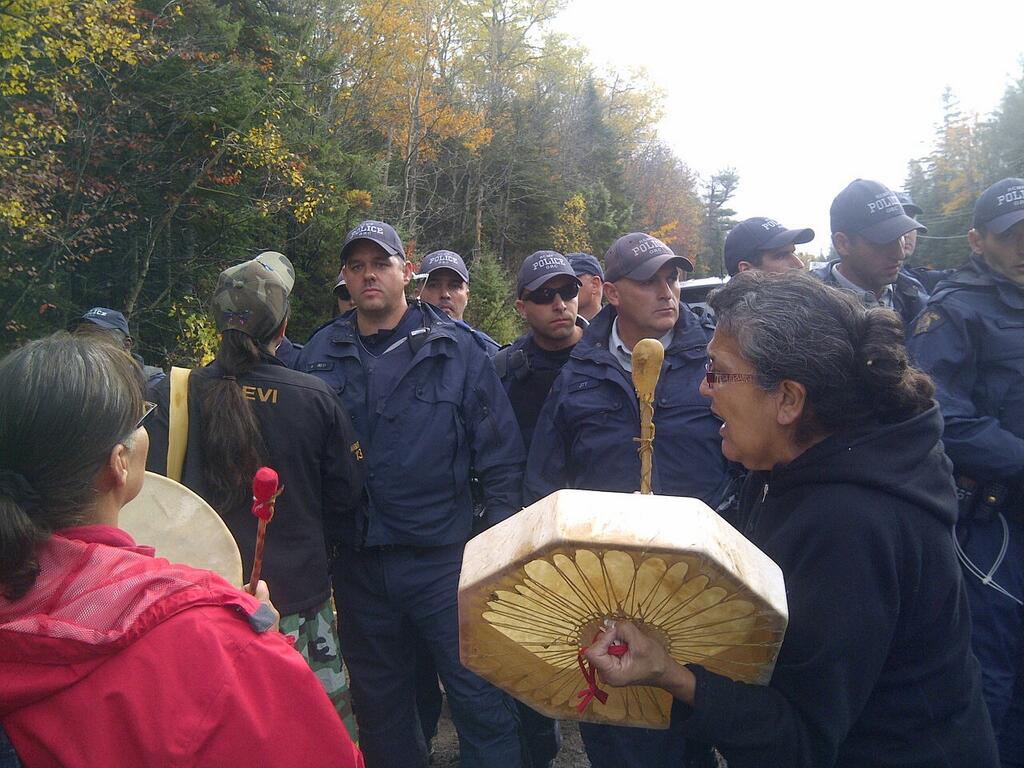
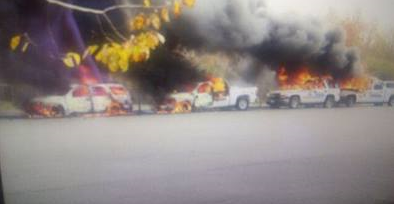
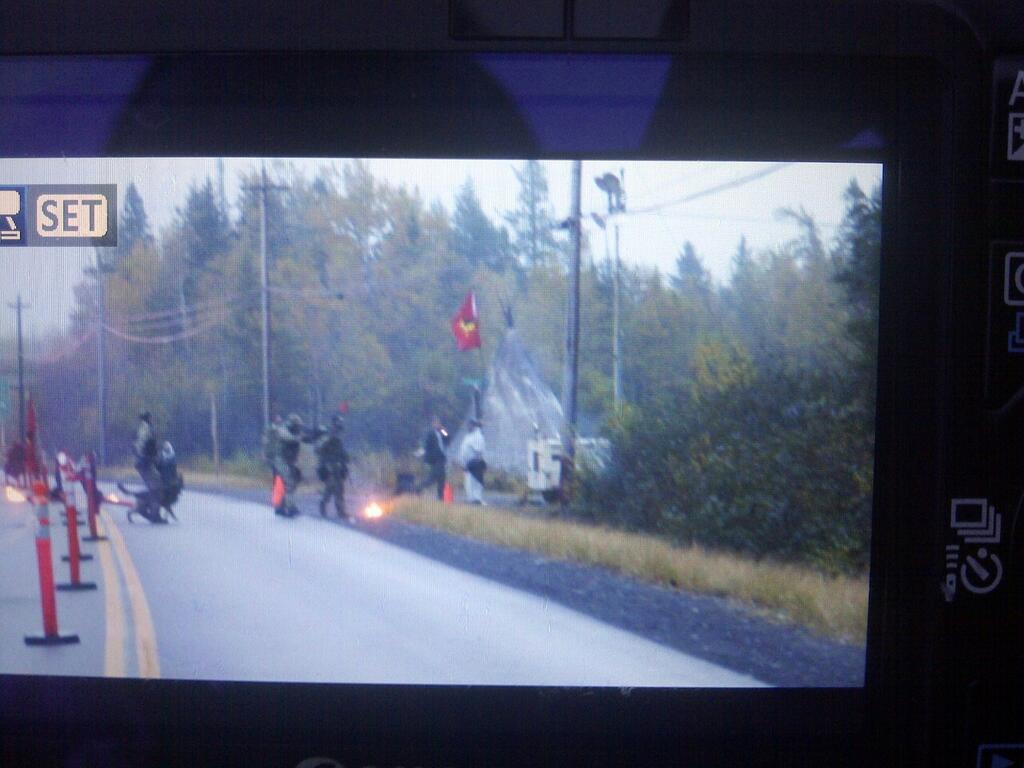
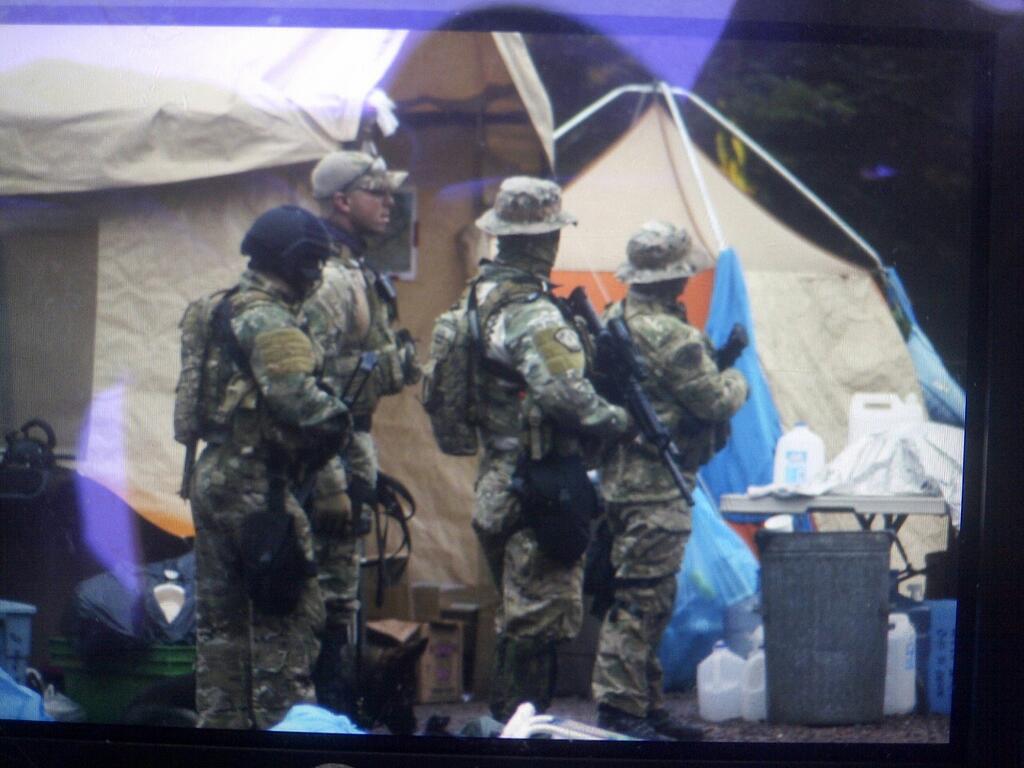
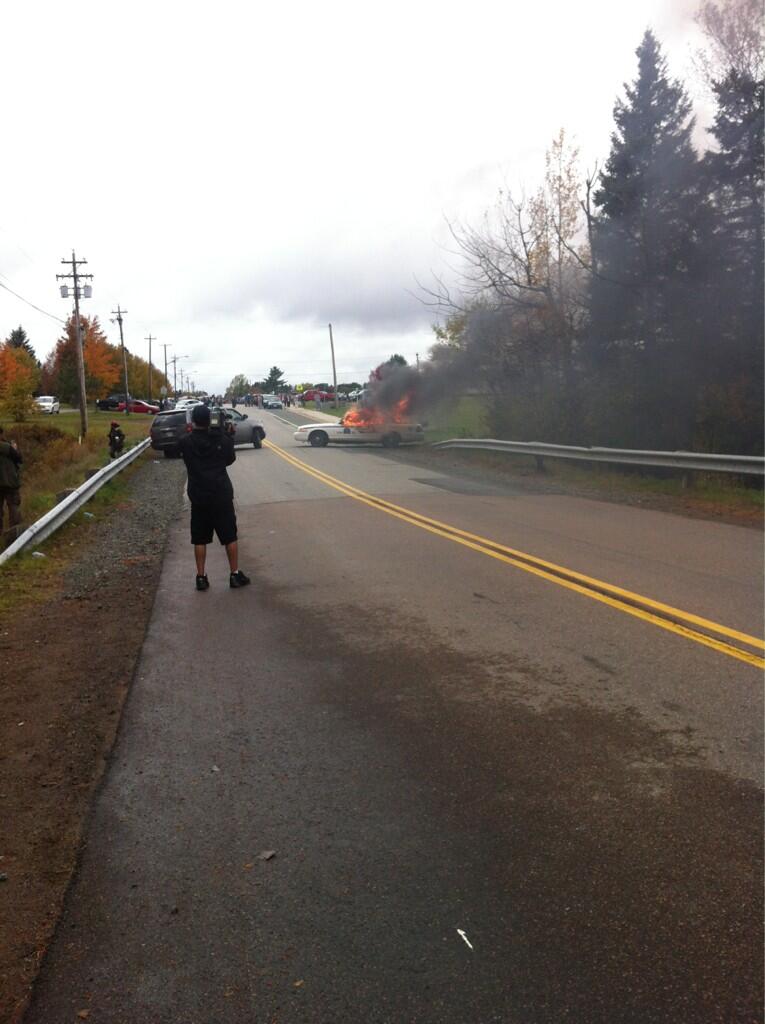


 Tuesday 1st October, Brasilia, Brazil – Today hundreds of indigenous peoples representing Brazil’s native communities converged on government buildings in the nation’s capital to decry unprecedented and growin
Tuesday 1st October, Brasilia, Brazil – Today hundreds of indigenous peoples representing Brazil’s native communities converged on government buildings in the nation’s capital to decry unprecedented and growin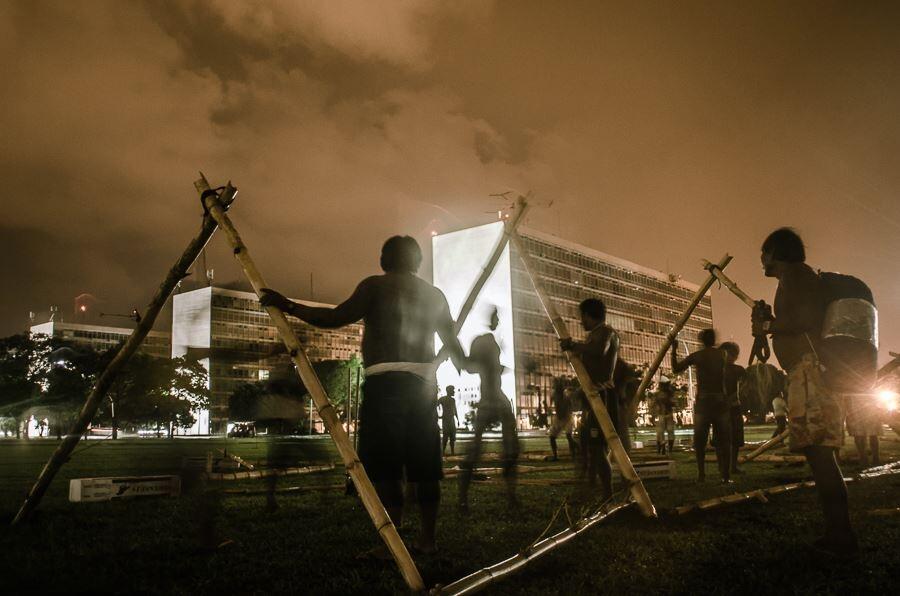 Tuesday 1st October, Brasilia, Brazil – Today hundreds of indigenous peoples representing Brazil’s native communities converged on government buildings in the nation’s capital to decry unprecedented and growing attacks on their constitutional rights and territories. The historic mobilization coincides with the 25th anniversary of the founding of Brazil’s constitution with its groundbreaking affirmation of indigenous rights and aims to preserve these rights in the face of powerful economic interests behind a spate of pending laws seeking access to resources on native territories.
Tuesday 1st October, Brasilia, Brazil – Today hundreds of indigenous peoples representing Brazil’s native communities converged on government buildings in the nation’s capital to decry unprecedented and growing attacks on their constitutional rights and territories. The historic mobilization coincides with the 25th anniversary of the founding of Brazil’s constitution with its groundbreaking affirmation of indigenous rights and aims to preserve these rights in the face of powerful economic interests behind a spate of pending laws seeking access to resources on native territories.